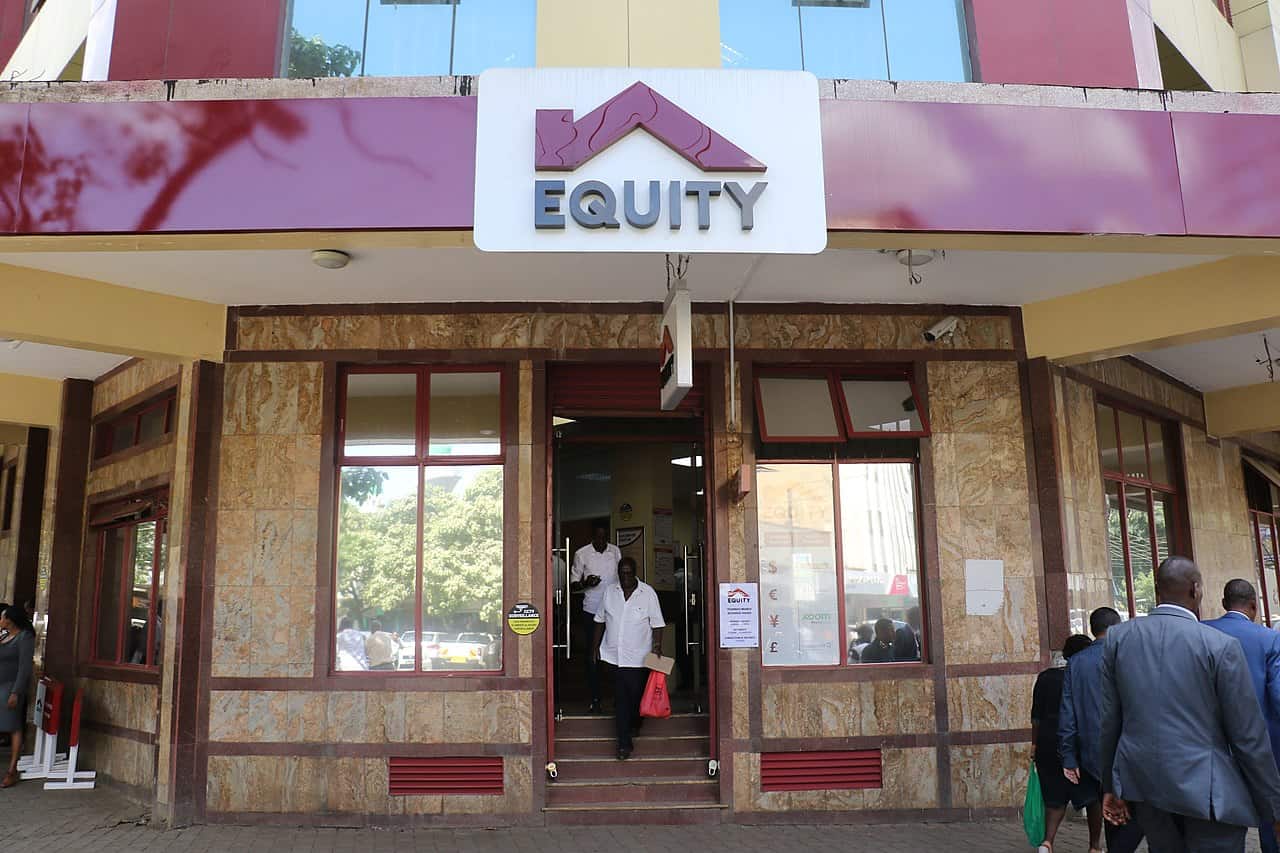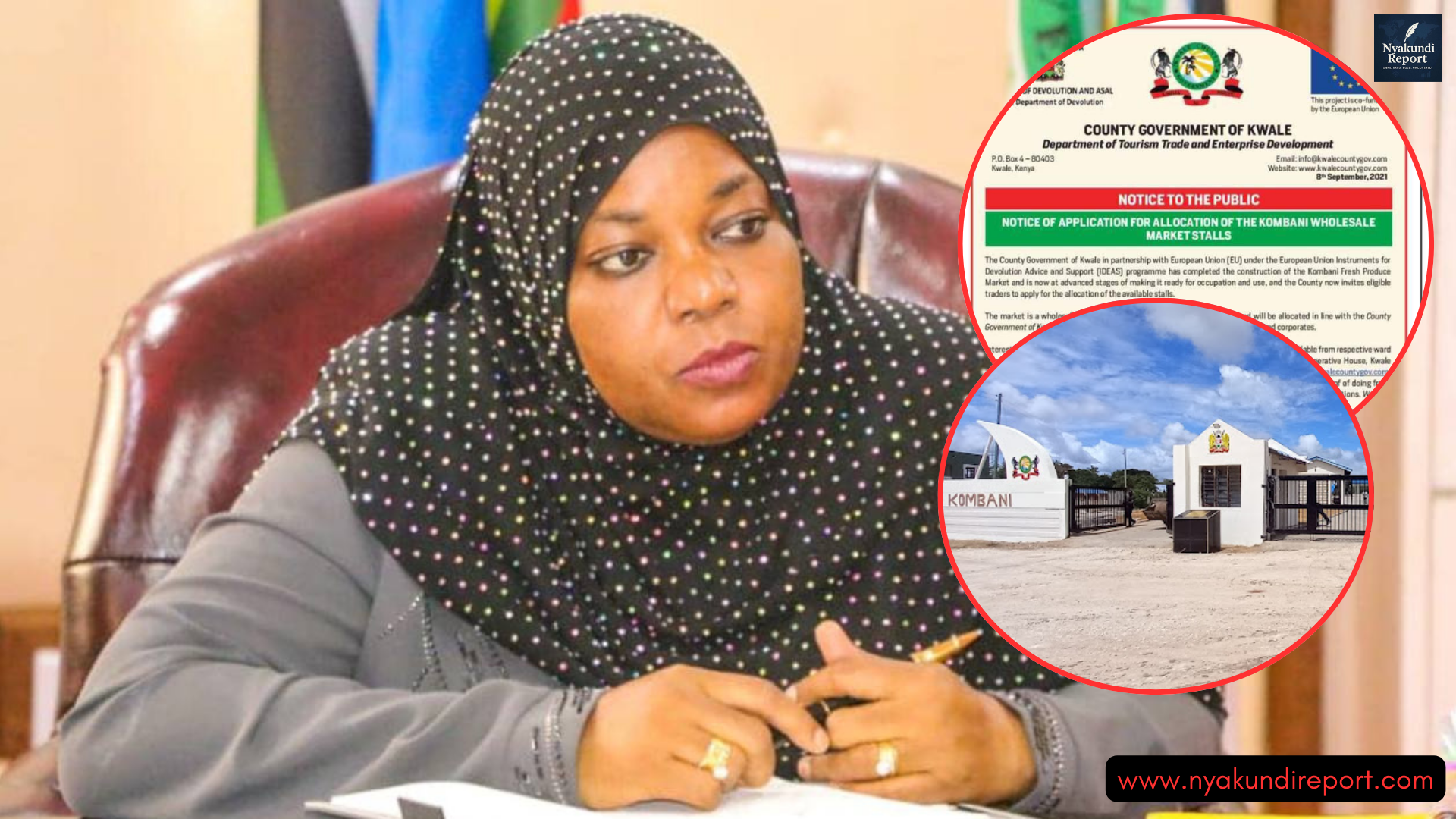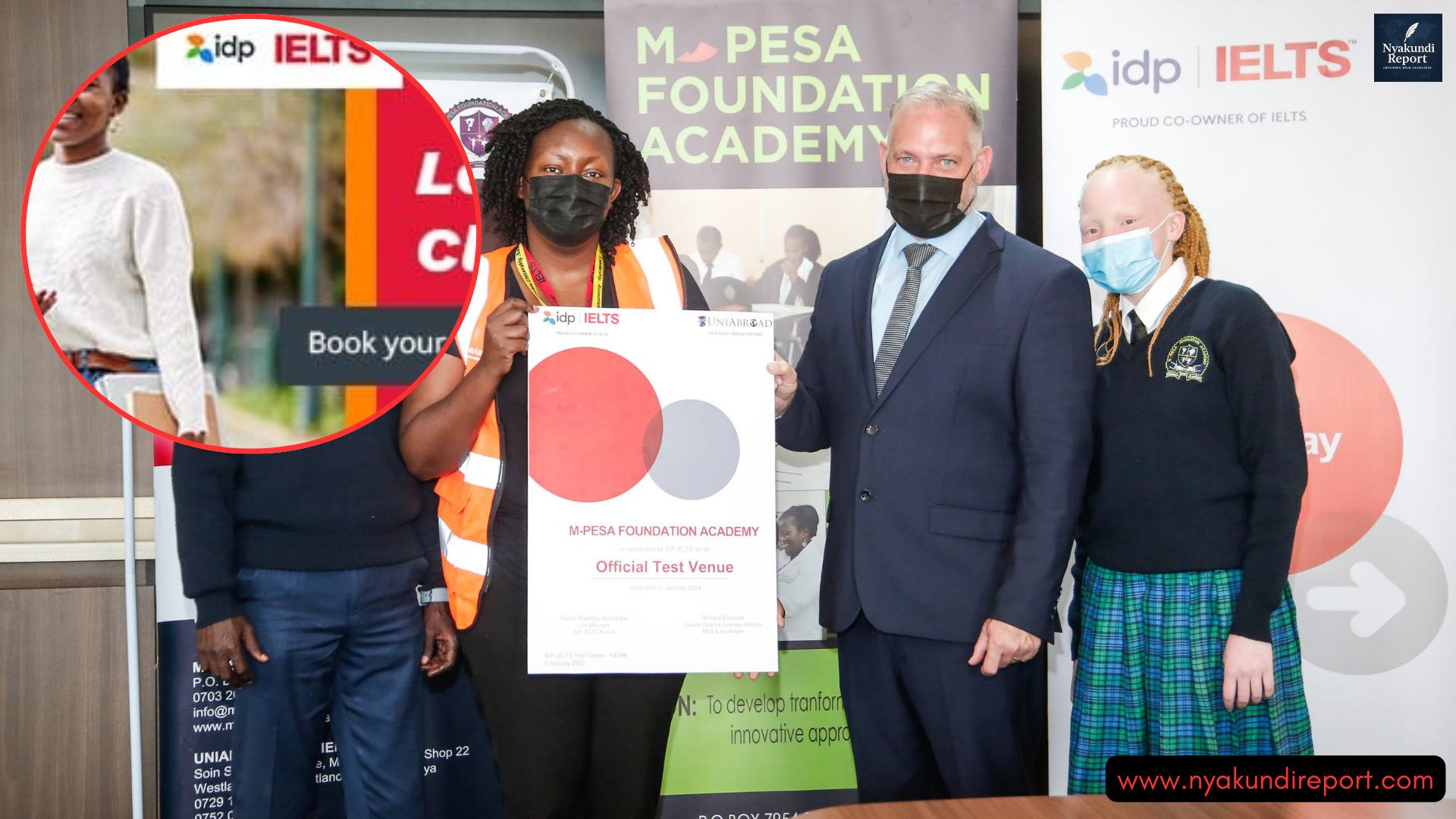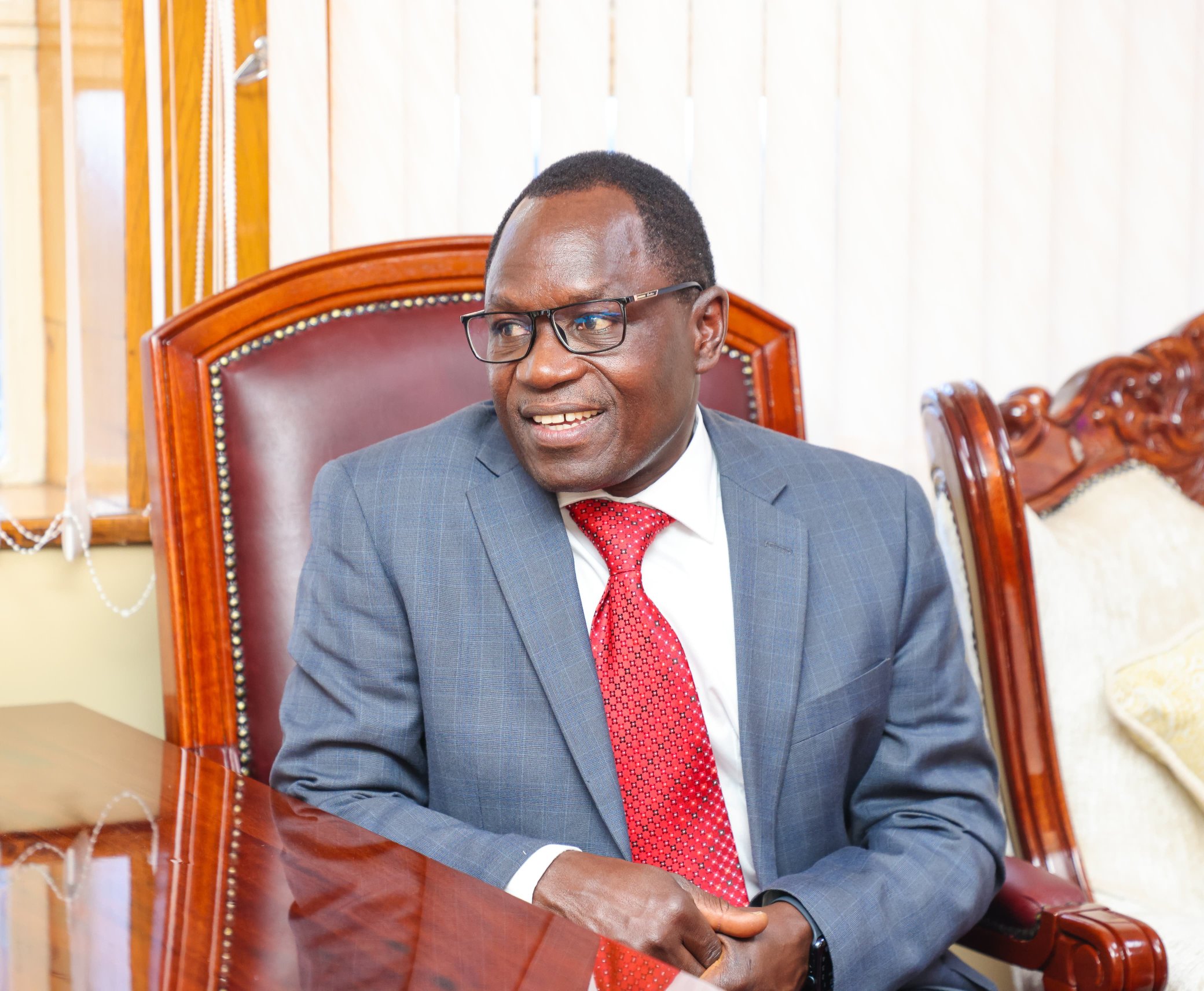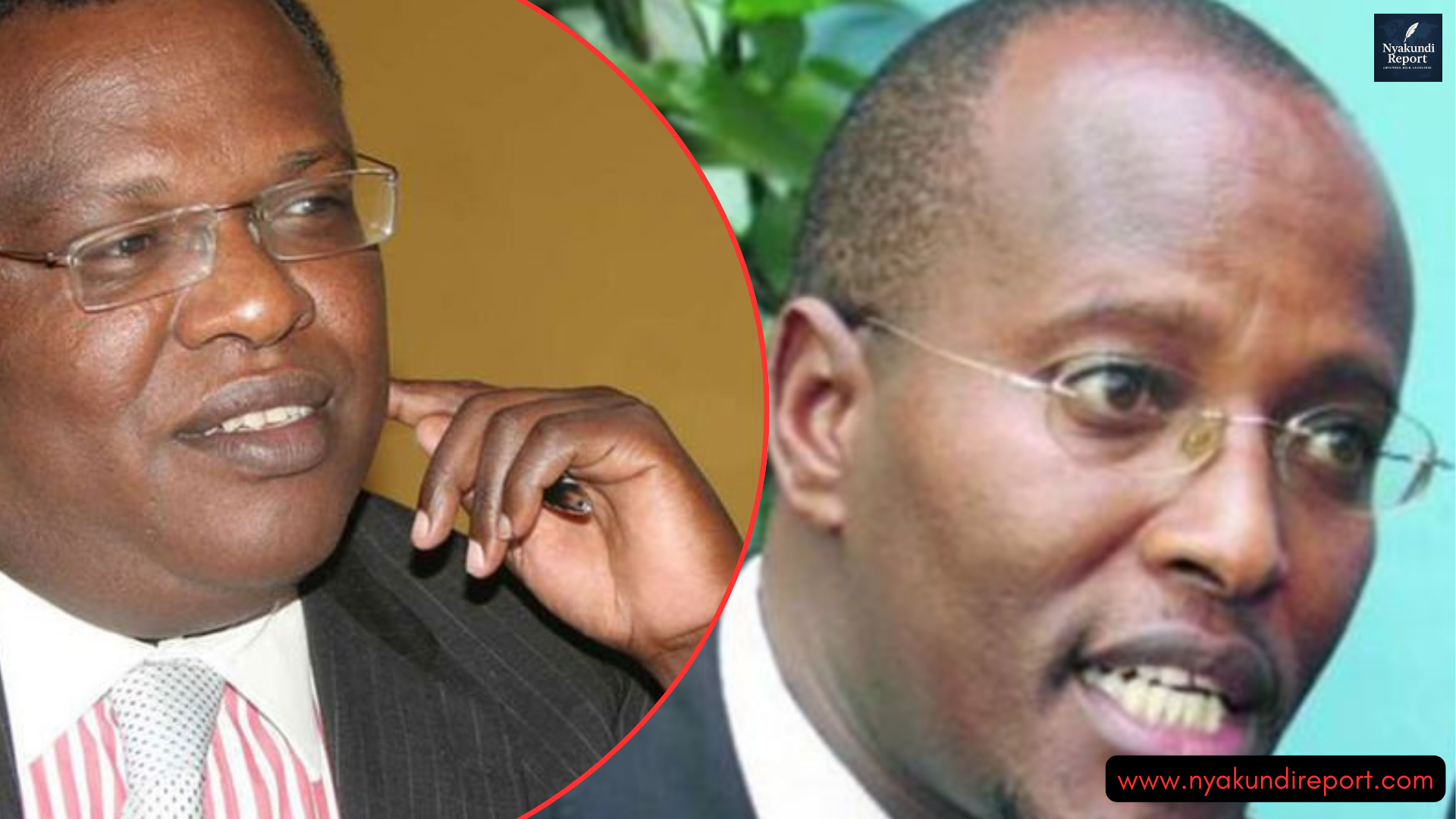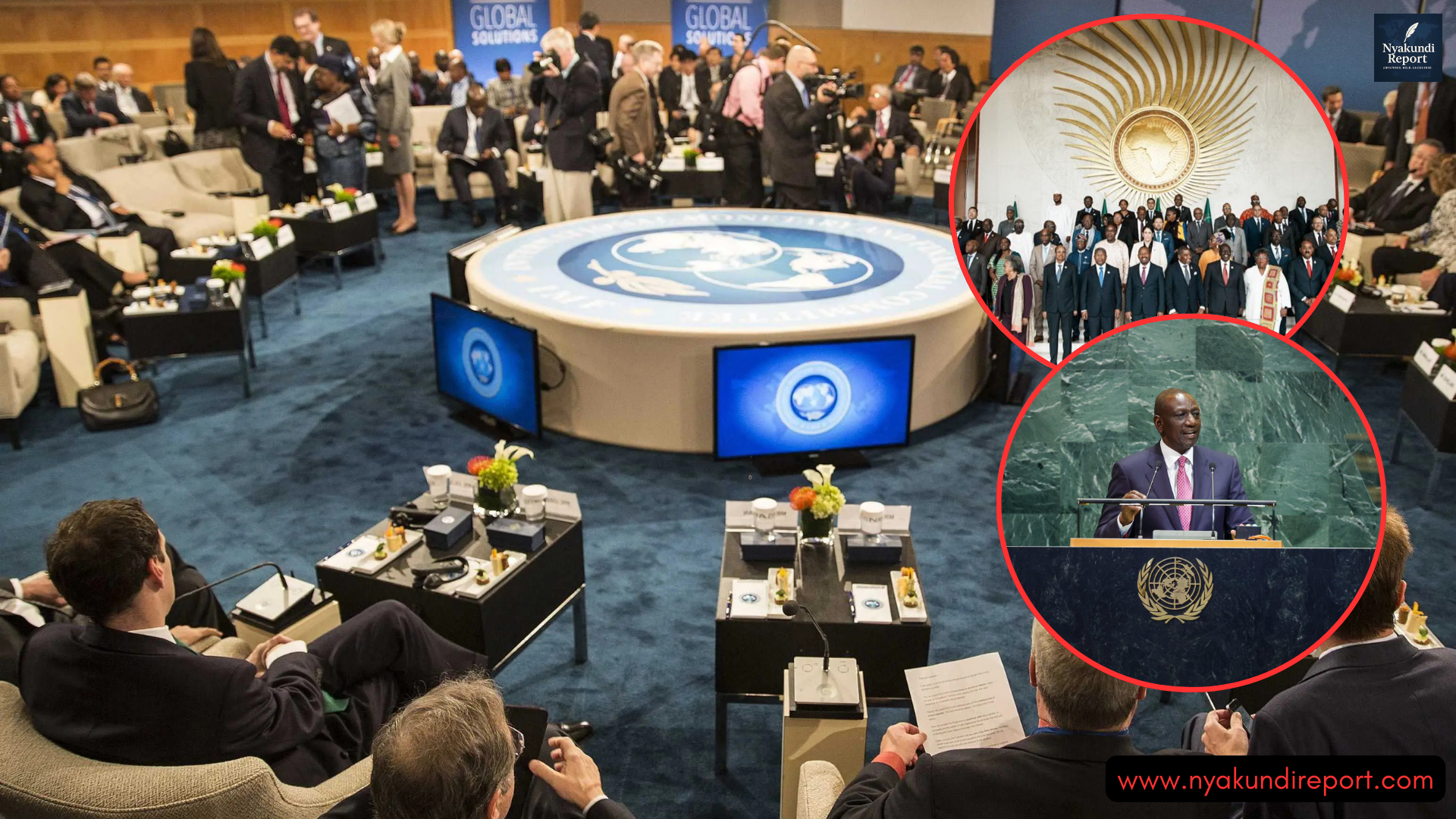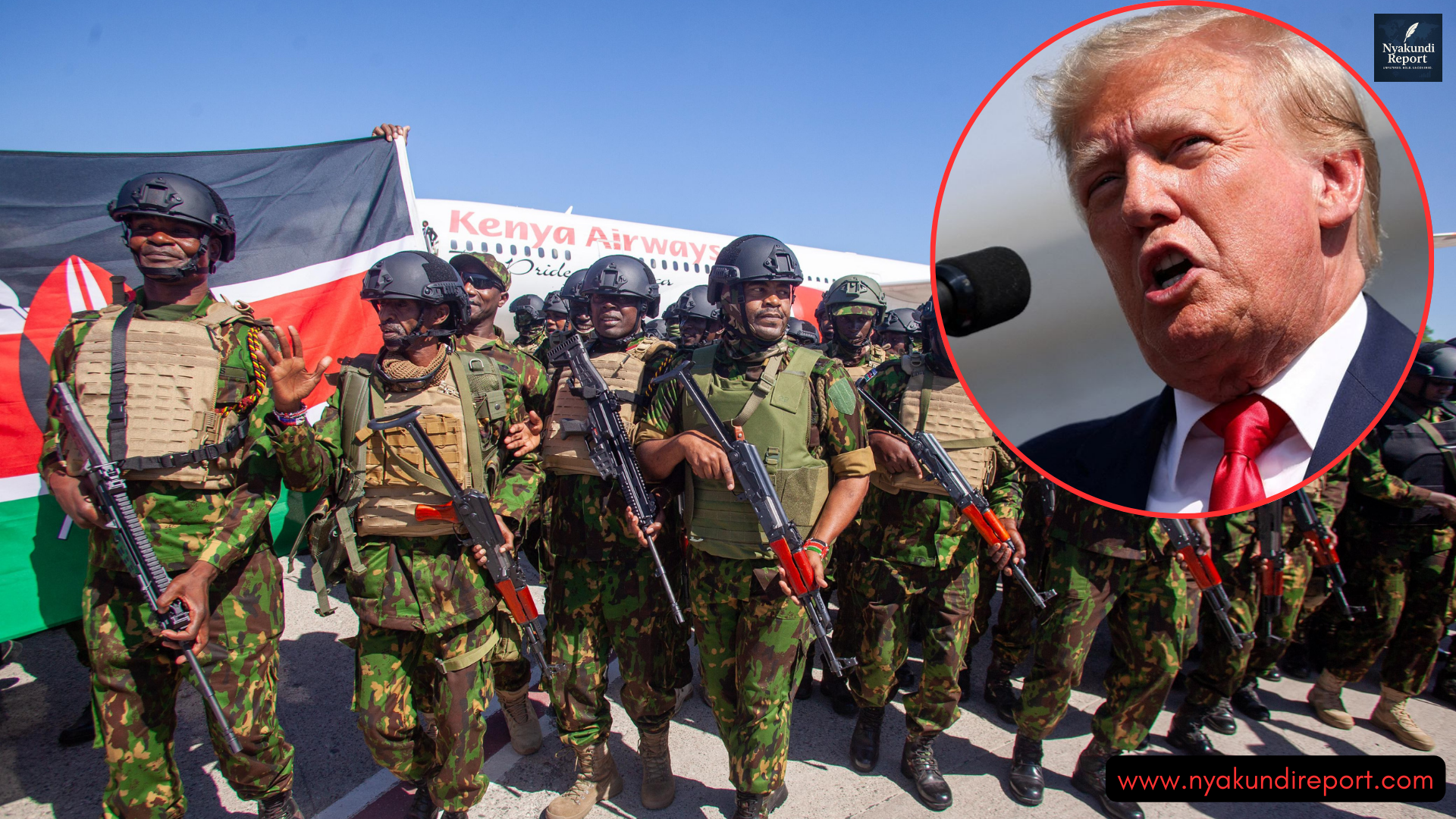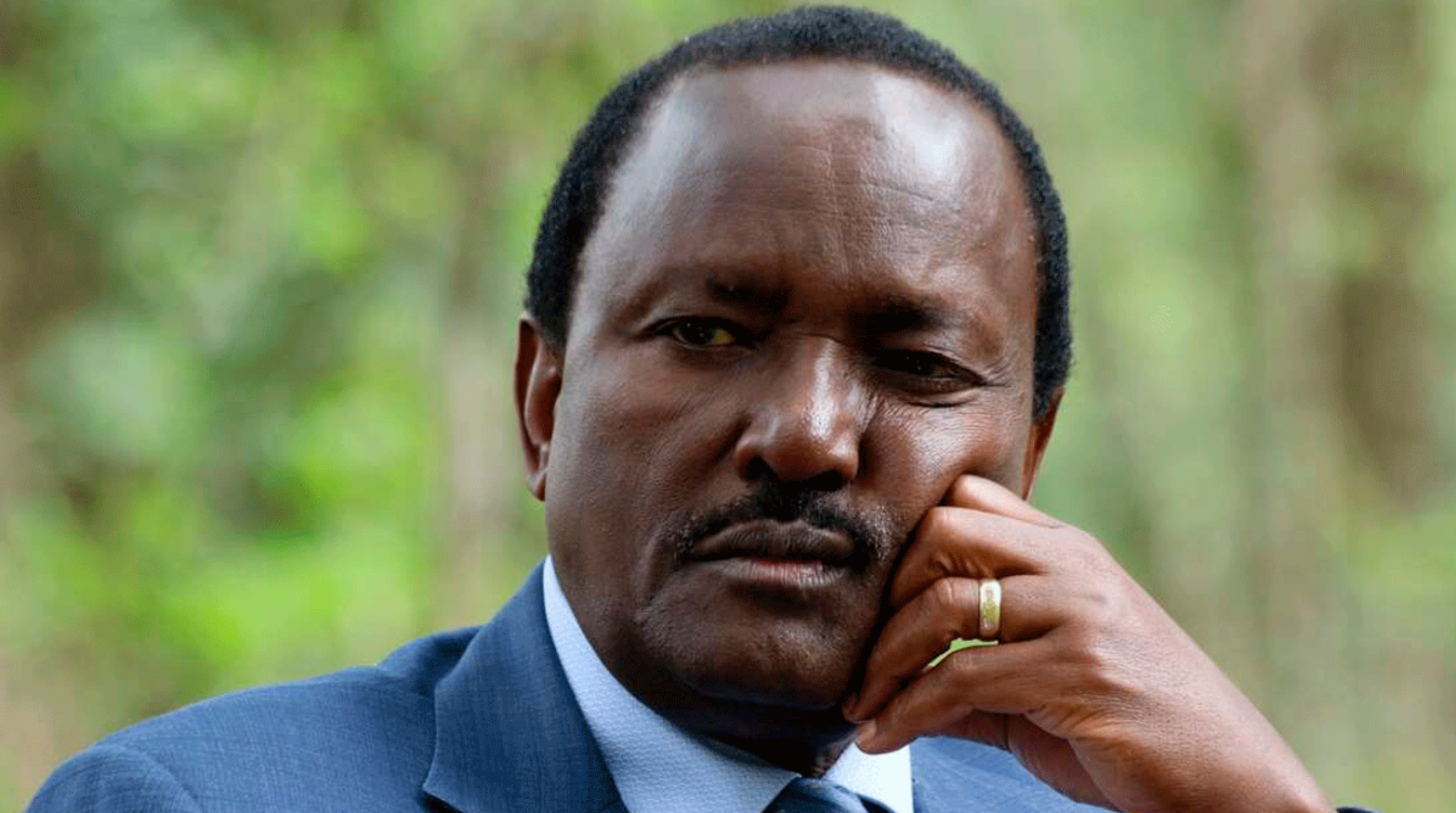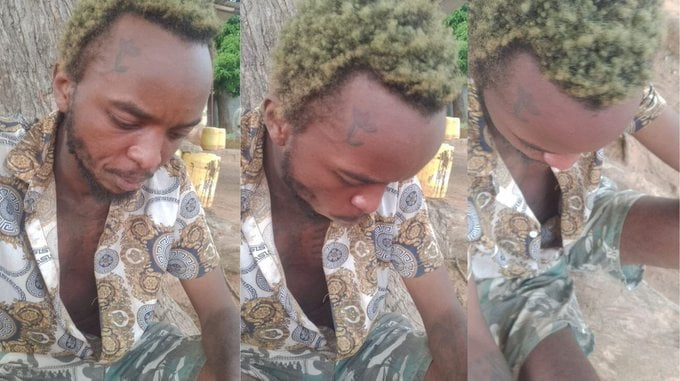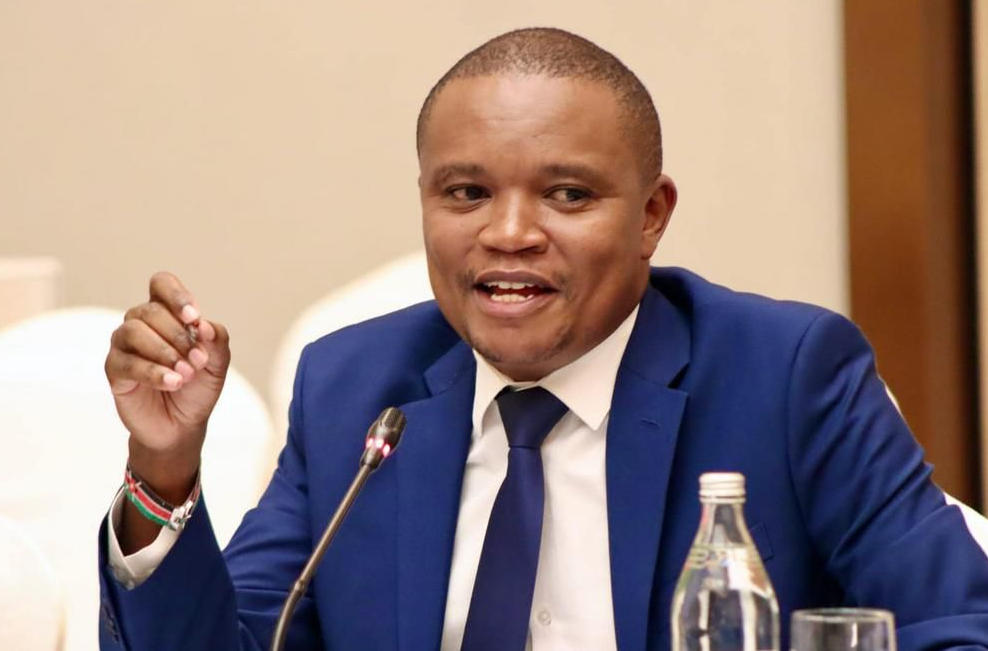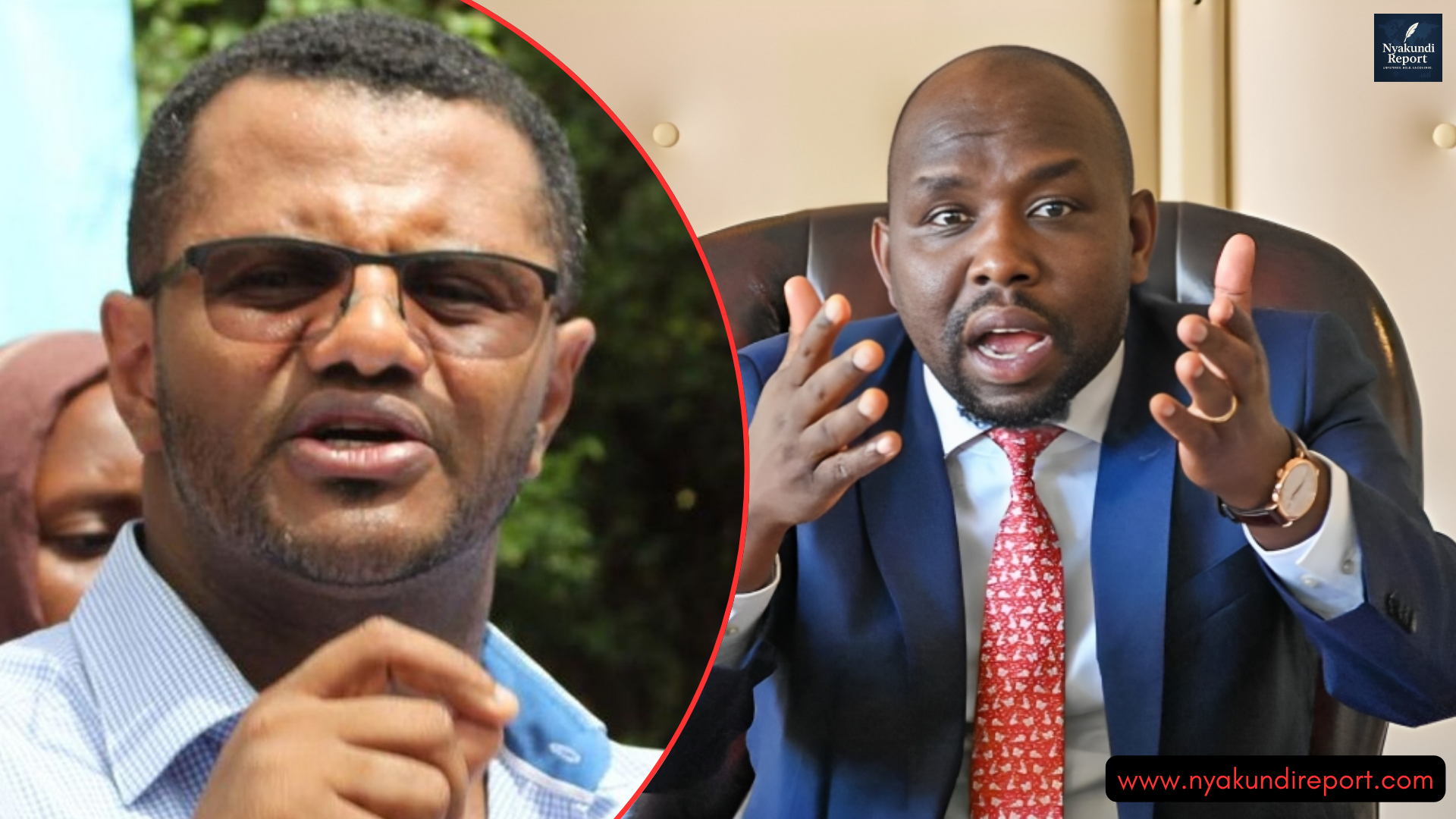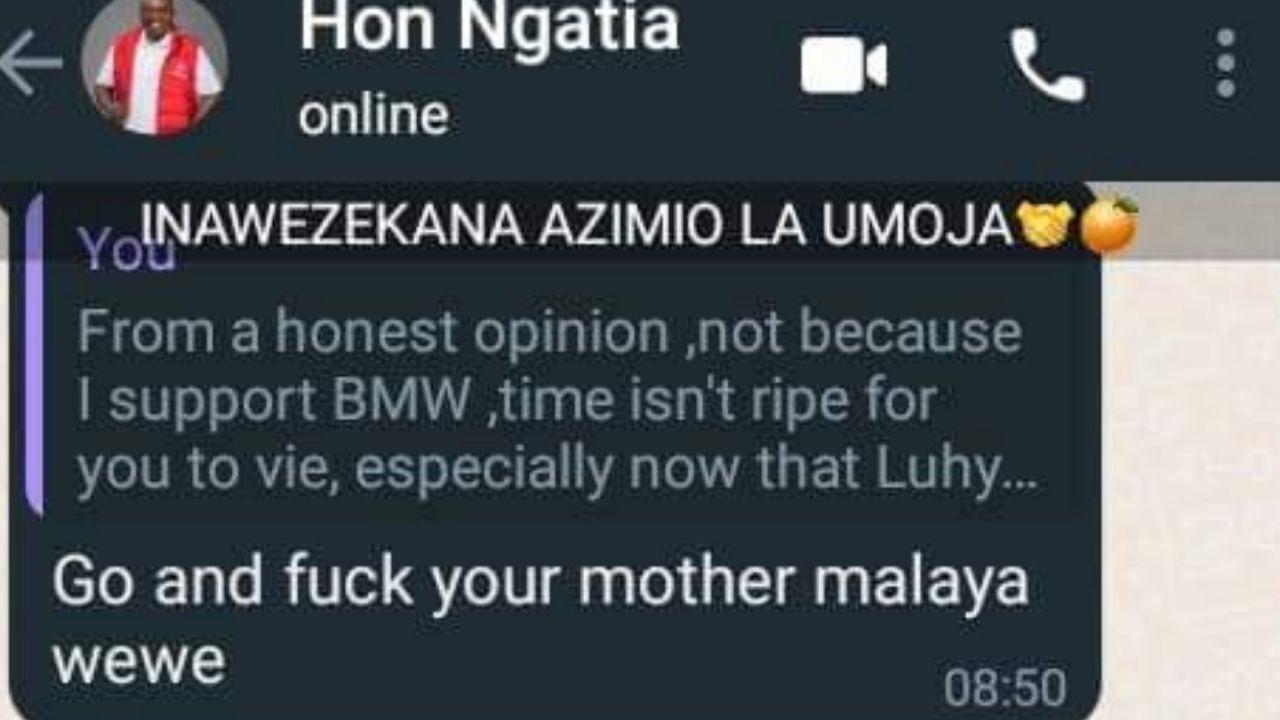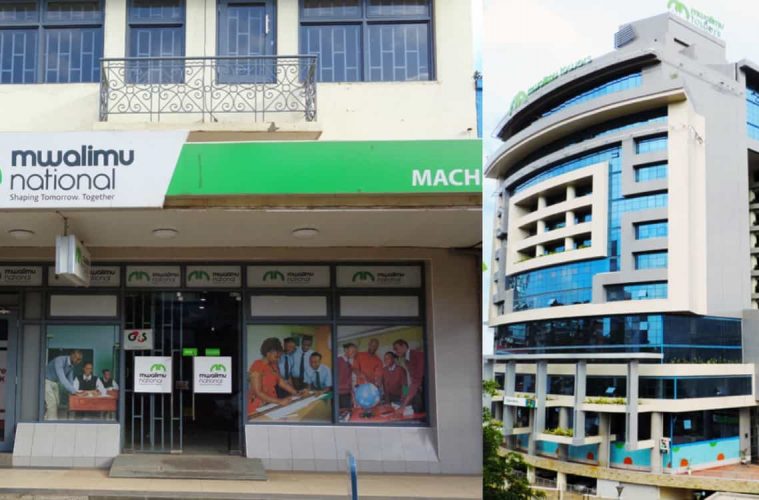A whistleblower has lifted the lid on what insiders are calling the biggest financial storm in recent years involving Equity Bank. According to exclusive information, the bank — long praised for its rapid growth and dominance in East Africa’s financial sector — is now under scrutiny over shocking internal practices that could shake public confidence.
The whistleblower, whose identity is being concealed for safety reasons, claims that top executives have been quietly overseeing questionable dealings. These include unexplained account freezes, aggressive loan recoveries, and allegations of backdoor negotiations with politically exposed individuals.
The insider alleges that some customers’ funds have been moved without clear accountability, raising fears of systemic malpractice. “If Kenyans knew half of what is happening behind closed doors, they would be alarmed,” the whistleblower said. “The public image of empowerment is very different from the reality inside.”
The allegations, if proven true, could trigger a crisis of trust in one of Kenya’s most celebrated financial institutions. Regulators are reportedly on high alert, with calls growing for an urgent independent audit.
This revelation has already caused outrage online, with Kenyans demanding answers. “We trusted this bank with our life savings. If this is true, it’s betrayal at the highest level,” one angry customer posted.
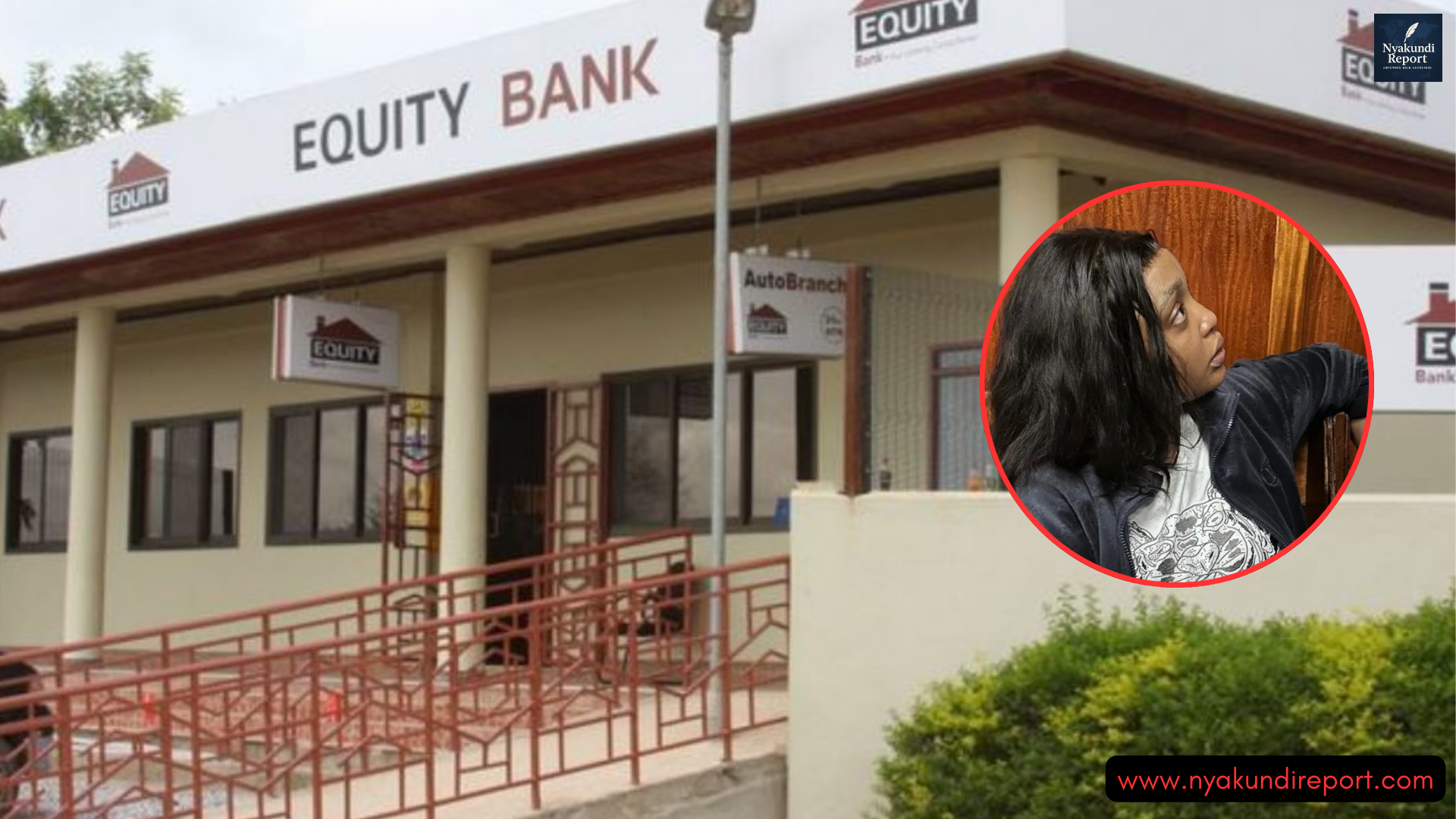
Questionable Dealings at Equity Bank Raise Fears of Systemic Abuse
The allegations center on a culture of secrecy at the highest levels of Equity Bank. For years, the lender has positioned itself as a champion of financial inclusion. Yet behind the glossy branding, whistleblower documents suggest a different reality.
Customers have complained of unexplained account freezes, often without proper notice or explanation. In many cases, business owners reported being locked out of their accounts for weeks, only to be told they were under “internal review.” The lack of clear communication has left livelihoods hanging by a thread.
Aggressive loan recoveries are also at the center of the claims. Borrowers say the bank’s recovery units have gone beyond acceptable standards, with reports of harassment, threats, and even sudden asset seizures. Small-scale traders, farmers, and entrepreneurs — the very groups Equity has marketed itself to empower — appear to be the hardest hit.
The whistleblower further alleges that some top managers have been quietly cutting deals with politically exposed individuals. These backdoor negotiations allegedly shield influential clients from strict loan repayment terms, even while ordinary citizens face punitive measures.
Unexplained Freezes and Customer Losses
Several customers have stepped forward with troubling stories. One Nairobi-based contractor described how his business nearly collapsed when Equity froze his account holding millions meant for paying workers. “They just told me there was a review. For two months, I could not access my money. I had to lay off half my staff,” he said.
Another customer said her family’s medical fund was locked for weeks during an emergency. “We were desperate. Every day we begged them to release even a portion, but they refused. My father died before we got access,” she recounted tearfully.
Such stories highlight the human cost of opaque practices. While banks are required to follow regulations to prevent money laundering, customers insist Equity has gone beyond normal compliance measures, creating suspicion that account freezes are sometimes used as leverage for internal agendas.
Political Deals and Double Standards
The claims of favoritism toward politically exposed individuals add a dangerous layer to the scandal. Documents seen by the whistleblower suggest that high-ranking officials and businessmen with political ties receive preferential treatment when in debt. Loans running into billions are quietly rescheduled or written off, even as ordinary borrowers are aggressively pursued.
“This is a two-tier system,” the whistleblower explained. “Powerful clients get protection, while ordinary Kenyans are squeezed until they bleed. The executives know it, but they look the other way.”
If proven, this would expose Equity Bank to accusations of aiding corruption networks and undermining fair banking standards. Critics argue that such favoritism not only destabilizes the financial system but also deepens inequality in society.
The revelations put regulators in a tight corner. The Central Bank of Kenya and the Capital Markets Authority are under pressure to launch independent investigations. Civil society groups are calling for parliamentary inquiries, warning that silence would only fuel further abuse.
For years, Equity Bank has marketed itself as “the people’s bank.” The allegations, however, paint a picture of an institution where ordinary Kenyans face unexplained account freezes and aggressive debt collection, while the powerful negotiate sweetheart deals behind closed doors.
Unless urgent action is taken, trust in one of Kenya’s largest lenders could collapse — and with it, the savings and dreams of millions.

